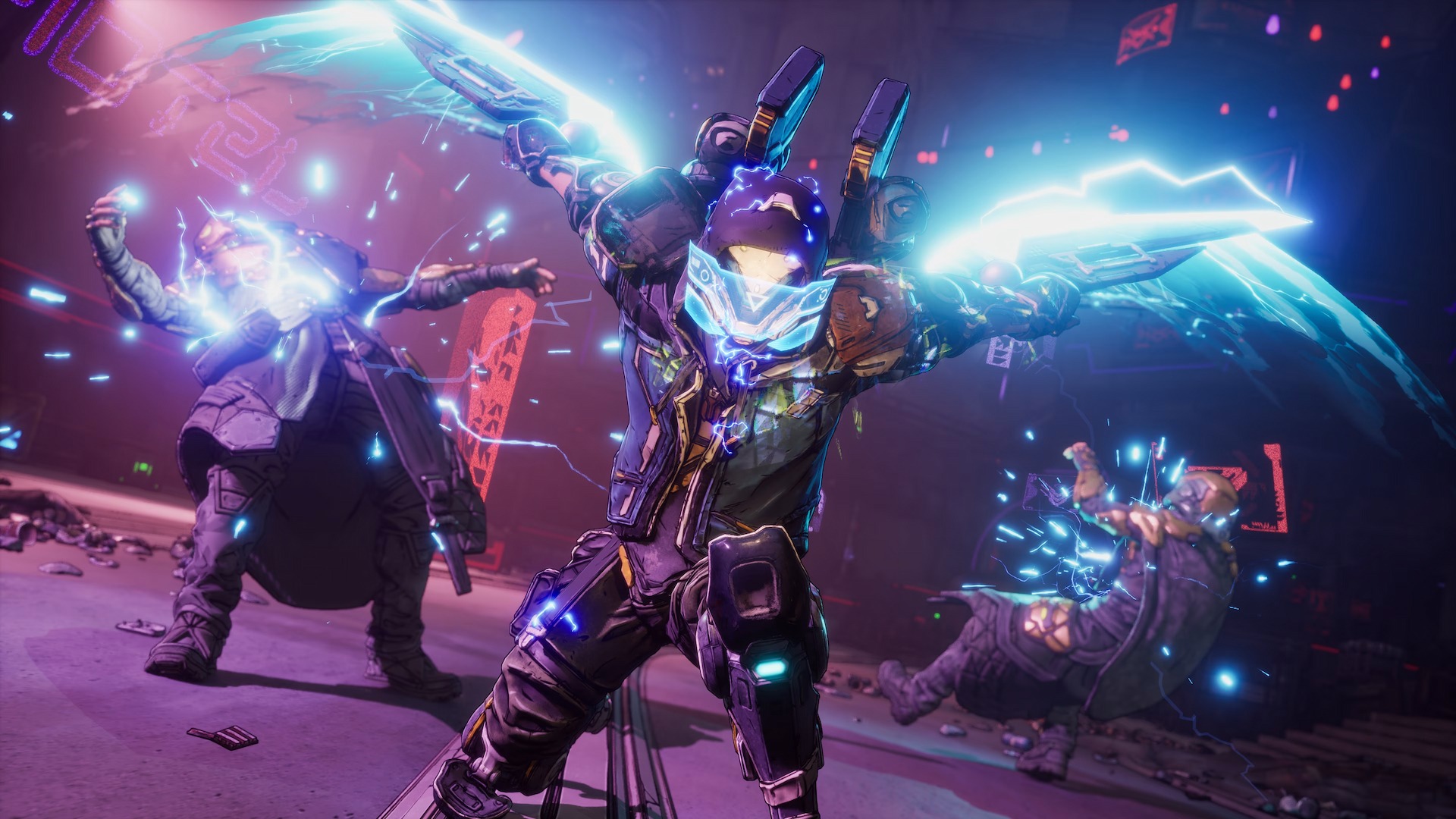The $55 Billion Fear: Why ‘The Sims 4’ Fans Are Terrified of EA’s Record-Breaking Buyout
Popular Now
 Geometry Dash
Geometry Dash
 Garena Free Fire: Kalahari
Garena Free Fire: Kalahari
 EA SPORT FC 25
EA SPORT FC 25
 Stumble Guys
Stumble Guys
 PUBG Mobile
PUBG Mobile
 R.E.P.O
R.E.P.O
 Fall Guys
Fall Guys
 Black Myth: Wukong
Black Myth: Wukong
 Poppy Playtime
Poppy Playtime
 Among Us
Among Us
 The gaming world is still reeling from the announcement of the colossal $55 billion deal to take Electronic Arts (EA) private, an acquisition financed by an investor group including Saudi Arabia’s Public Investment Fund (PIF) and a significant debt load. While EA’s CEO Andrew Wilson has touted a “new era of opportunity,” the sentiment within the highly passionate ‘The Sims 4’ community, known as “Simmers” or “stans,” is one of profound apprehension. Major content creators and long-time players are citing a perfect storm of financial pressure, conservative cultural concerns, and the specter of Artificial Intelligence as reasons why they find this record-breaking buyout “extremely scary.”
The gaming world is still reeling from the announcement of the colossal $55 billion deal to take Electronic Arts (EA) private, an acquisition financed by an investor group including Saudi Arabia’s Public Investment Fund (PIF) and a significant debt load. While EA’s CEO Andrew Wilson has touted a “new era of opportunity,” the sentiment within the highly passionate ‘The Sims 4’ community, known as “Simmers” or “stans,” is one of profound apprehension. Major content creators and long-time players are citing a perfect storm of financial pressure, conservative cultural concerns, and the specter of Artificial Intelligence as reasons why they find this record-breaking buyout “extremely scary.”
 The Debt-Fueled Push for ‘More Microtransactions’
The Debt-Fueled Push for ‘More Microtransactions’
A primary driver of fan anxiety is the colossal debt involved in the transaction—a reported $20 billion that the newly privatized company must prioritize paying down. This leveraged buyout structure immediately raises red flags for players who already feel heavily monetized by ‘The Sims 4’ with its multitude of Expansion Packs, Game Packs, and Kits.
- Aggressive Monetization: The community fears the debt will force an even more aggressive monetization strategy on the franchise, leading to a push for more microtransactions and potentially less content per paid pack. Fans are concerned that the quality of future content—including the eagerly anticipated Project Rene (The Sims 5)—will be severely compromised under tighter budgetary and deadline constraints.
- Focus on Profit Over Creativity: Critics worry that the need to generate massive, fast-track revenue will stifle the “more creative elements of EA” and push all key franchises, including ‘The Sims,’ toward predictable, low-risk future investments, ultimately diminishing the innovation the player base craves.
The Specter of AI, Layoffs, and Cost-Cutting Measures
Beyond the direct consumer experience, fears are circulating among the gaming public and industry analysts regarding what the buyout means for EA’s workforce and the future of game development itself. Private equity buyouts are often synonymous with aggressive cost-cutting.
- Concerns About AI Replacing Artists: A major source of anxiety for the creative community is the reported interest from the new buyers in utilizing AI to cut operating costs and boost profits. The fear is palpable that this could result in AI being used to replace artists and developers, particularly in a game like ‘The Sims’ that relies heavily on asset creation, leading to further job losses on top of previous rounds of layoffs at EA.
- Workforce Rationalization: Anonymous EA employees have voiced their worries, noting that “layoffs usually follow those type of acquisitions.” While EA has promised “no immediate changes,” the community understands that “immediate” is the key word, and that servicing the $20 billion debt will inevitably require a “rationalization of workforce and capital expenditure” once the deal closes in fiscal year 2027.
 A Threat to Core Values: Inclusivity and Censorship
A Threat to Core Values: Inclusivity and Censorship
Perhaps the most deeply felt fear within the diverse ‘The Sims’ community—which has long championed inclusivity—is the potential for cultural and ideological changes under the new ownership structure, which includes the conservative investment firm Affinity Partners and PIF.
- Inclusivity Under Threat: Prominent Simmers, such as popular content creator Kayla “lilsimsie” Sims, have publicly stated that the news is “extremely scary,” particularly regarding the potential for censoring the franchise. ‘The Sims’ has been a bastion of inclusivity for decades, actively supporting LGBTQIA+ themes, diverse lifestyles, and a wide array of cultural expressions. The worry is that any pushback against this diversity would not only “alienate the entire player base” but fundamentally damage the game’s identity as a welcoming, safe space.
- The Saudi Investment Context: The significant financial role of Saudi Arabia’s PIF—a state-controlled fund—has amplified concerns that the new ownership’s values may clash with the open, progressive nature of ‘The Sims,’ potentially resulting in the deliberate omission or removal of existing inclusive content in future updates or new iterations like Project Rene.
Ultimately, the $55 billion deal represents a huge gamble. While proponents argue going private could allow EA to focus on long-term growth away from quarterly market scrutiny, the immediate reaction from the dedicated ‘The Sims 4’ fanbase—fearing more monetization, aggressive cuts, and a shift in cultural values—is a significant barometer of the uncertainty now enveloping one of gaming’s most popular and profitable franchises.
Keywords: Electronic Arts (EA), The Sims 4, $55 Billion Buyout, Private Equity, Microtransactions, Layoffs, Concerns About AI, PS5 Gaming, PC Gaming, Project Rene, Sims Community, Saudi Arabia PIF, CPC Gaming News, EA Stock, High Value Acquisition.









